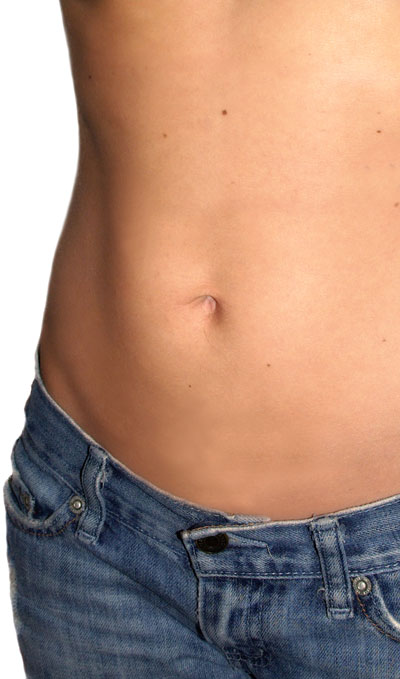
Diet Pills, Patches and Injections Create Host of Serious Side Effects
The holiday season has come and gone, but for some people the holiday weight gain isn’t disappearing as quickly as the holidays. It can be very tempting to try out one of the newest fad diets that promise fast and amazing results.
Unfortunately, several popular fad diets and fad diet products can be very dangerous for your health.
Basically, any diet that claims immediate results should be looked at with a degree of skepticism. When choosing a diet plan, it is always best to first research it well and consult a physician. The old saying, “if it seems too good to be true, it probably is,” is a good thing to remember.
Diet pill ads promise almost miraculous weight loss, with some even promising to make you model-slim overnight.
The problem is that diet pills only temporarily suppress your appetite, so once you stop taking them — bam— the weight piles right back on with a vengeance.
Some of the common side effects are kidney damage, seizures, stroke, heart attack and even death. Dizziness, chest pain and nausea can also occur. Because there’s no way of knowing what’s in some of these formulations or what exact amounts of herbs and other substances are in them, physicians advise staying clear of diet pills altogether.
Another diet fad that can be potentially deadly is the diet patch. After nicotine patches became so popular, diet product manufacturers decided to get a piece of the action. The patch works by giving a constant supply of appetite suppressant through skin absorption.
The Federal Drug Administration has banned many of these diet patches from being sold in the United States because there is no proof that they work, and they are generally considered unsafe.
Perhaps the newest and most popular fad is the HCG diet. The Human Chorionic Gonadotropin diet is a very restrictive, low-calorie weight loss method that relies on HCG, a hormone produced by pregnant women in the cells that generate the placenta. The HCG diet requires daily hormone injections and a restricted diet of 500 calories per day. Marketers of the diet claim you can lose one to three pounds per day on the diet.
The diet is controversial. Consuming only 500 calories per day forces the body to compensate by using stored glycogen, muscle and fat. Using these resources actually lowers resting metabolism, which makes it harder to lose weight and metabolize properly. Following this very low calorie diet can also cause lightheadedness and decreased brain function.
Many people on the HCG diet suffer severe side effects. The most common include headaches, dizziness, depression, blood clots, mood swings, and confusion. Some women develop Ovarian Hyper Stimulation Syndrome (OHSS). Symptoms of OHSS include weight gain, pelvic pain, stomach pain, shortness of breath, nausea, diarrhea and vomiting.
The FDA has not approved HCG injections. According to the FDA, there is no evidence that supports HCG as a weight loss aid at all. Instead, the injections help decrease hunger and discomfort for dieters while they consume very few calories. The basis for the diet’s effectiveness is basically starvation.
Consumers should be aware of the dangers of using these scam diet products and plans so that wise decisions can be made about long-term health goals.
| The Mainstream is a student publication of Umpqua Community College. | About us | Advertising | Archives |
